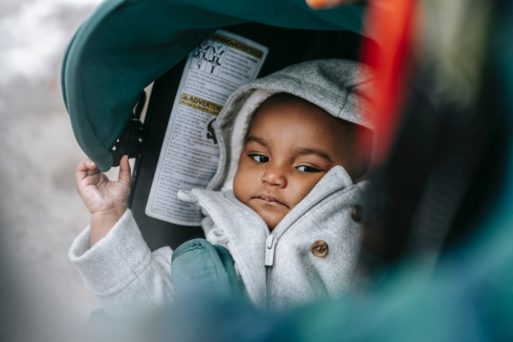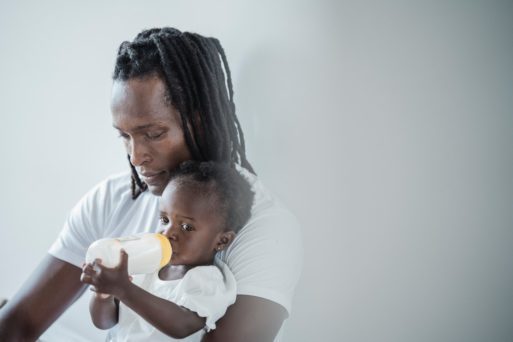
Minority children have lost more caregivers to COVID-19 than white children.
Credit: William Fortunato
The COVID-19 pandemic has taken a vast toll on families and their loved ones – and unfortunately, children have not been spared. Many have become orphans. A recent study in the journal Pediatrics found that for every four COVID-related deaths in the U.S. from April 1, 2020 through June 30, 2021, a child lost a parent, custodial grandparent or grandparent caregiver.
“Children facing orphanhood as a result of COVID is a hidden, global pandemic that has sadly not spared the United States,” said Susan Hillis, lead author on the study and a researcher at the Centers for Disease Control and Prevention, in a press release. “All of us – especially our children – will feel the serious immediate and long-term impact of this problem for generations to come. Addressing the loss that these children have experienced – and continue to experience – must be one of our top priorities, and it must be woven into all aspects of our emergency response, both now and in the post-pandemic future.”
The study drew on mortality, fertility and census data to determine how many children had lost parents or custodial or co-residing grandparents, counting both deaths caused directly by COVID-19 and those resulting from related causes, such as lockdowns or diminished access to healthcare. It estimated that more than 120,000 children in the U.S. lost a primary (parent or grandparent) caregiver to a COVID-19 associated cause, and that more than 22,000 lost a secondary caregiver (a grandparent supplying housing but not other basic needs). The study found that minority children were significantly more likely than white children to lose a caregiver: American Indian/Alaska Native children were 4.5 times more likely; Black children were 2.5 times more likely; and Hispanic children were 1.8 times more likely.
“We often think of the impact of COVID-19 in terms of the number of lives claimed by the disease, but as this study shows, it is critical to also address the broader impact – both in terms of those who have died, and those who have been left behind,” study co-author Charles A. Nelson III, who studies the effects of adversity on brain and behavioral development at Boston Children’s Hospital, said in the press release.
Supporting COVID-19-related Child Orphans

The CDC advocates for economic, educational and childcare support for affected families.
Credit: Sasha Kim
There are numerous ways to support children suffering a COVID-19-related death, but experts warn that bereavement care has been sorely lacking even prior to the pandemic. The CDC recommends that children who have lost a parent or grandparent caregiver be maintained in their families if possible; that economic, childcare and educational support to affected families be strengthened; and that approaches be sensitive to racial disparities and structural inequalities.
At the best of times, children who lose a parent are more likely to suffer from depression or drop out of school, and are at greater risk for suicide. With the added stress of the pandemic, children “didn’t have friends checking in on them. They didn’t have neighbors dropping by with food. They didn’t have proper funerals,” Rachel Kidman, a social epidemiologist who has studied bereaved children, told VOX.
“I worry that the psychological impact on these kids is going to be even greater,” she said.

 COVID-19 Is Creating Child Orphans
COVID-19 Is Creating Child Orphans


 “Help Me, Helen”
“Help Me, Helen”

 “As Tears Go By” by Marianne Faithfull
“As Tears Go By” by Marianne Faithfull














